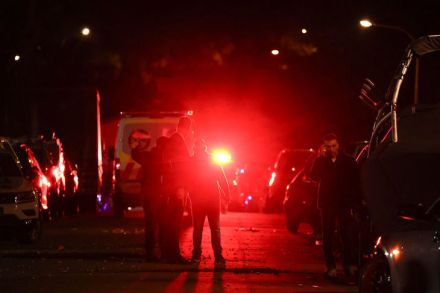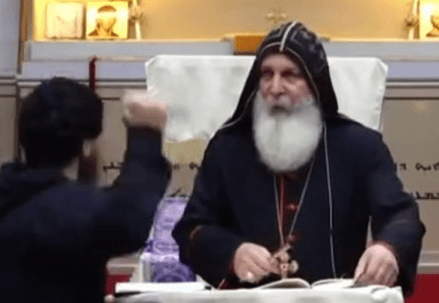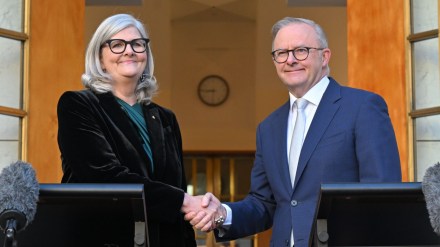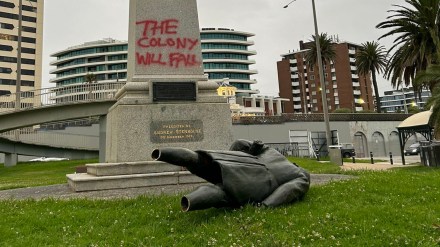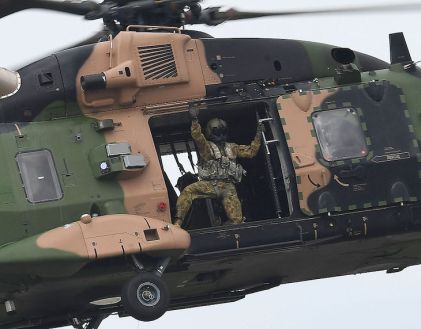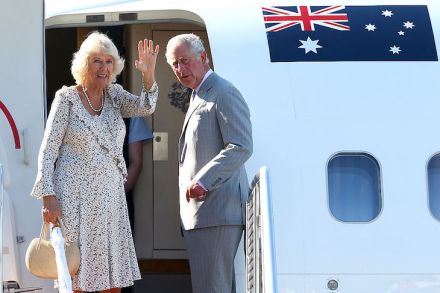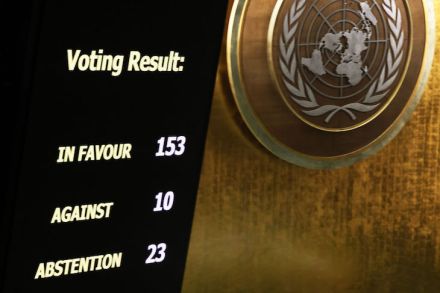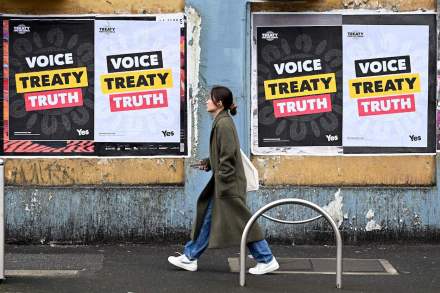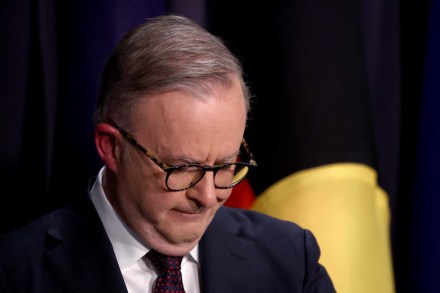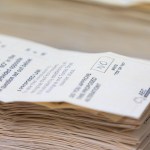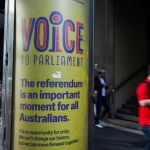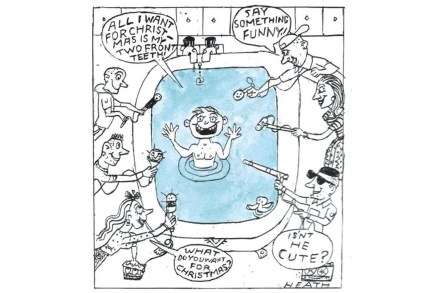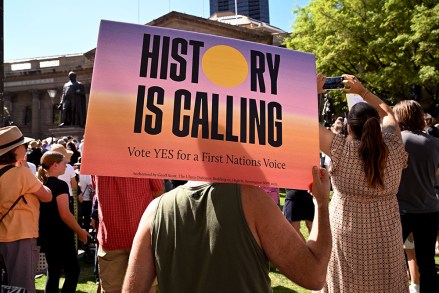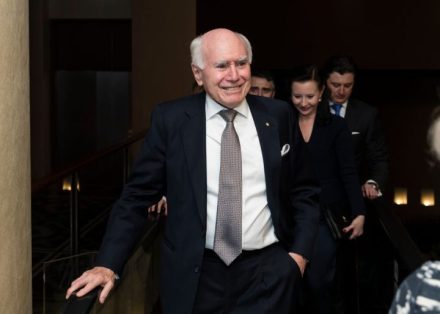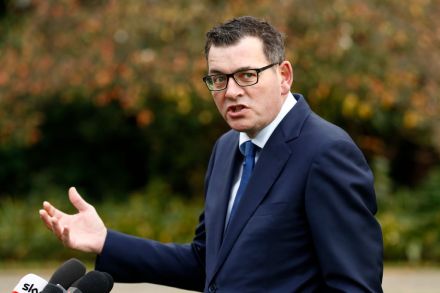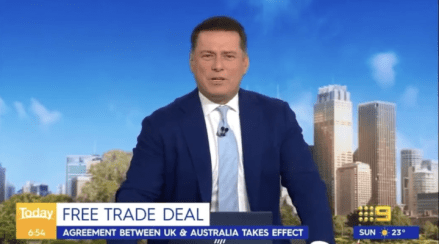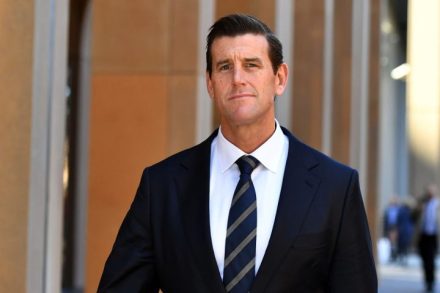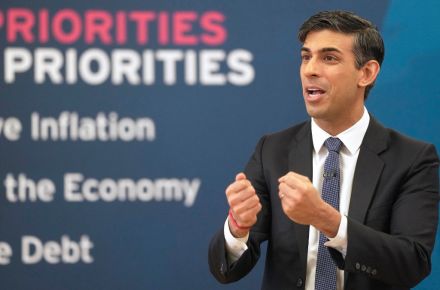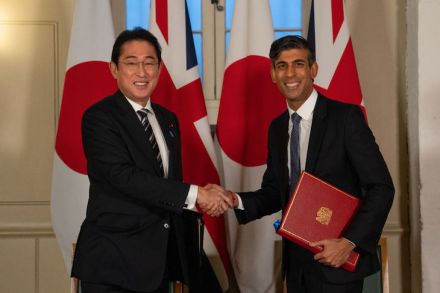Australia is in danger of tearing itself apart
In her new book, Liz Truss says she likes Australia and Australians. The country is, she says, ‘like Britain without the hand-wringing and declinism’. But had Truss cared to scratch beneath the surface on her visits Down Under, she might have realised that Australians today are anything but the laid-back, easygoing, and ‘she’ll be right’ society of our national mythology. Following the Hamas atrocities of 7 October, things have only got worse Far from it. Australians are struggling to keep a lid on social, political, ethnic and religious tensions reflected in their society. Far from being a united nation, Australia is increasingly a nation of tribes, each sticking with their
